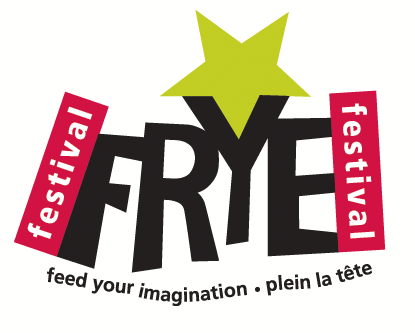We are continuing to feature papers presented at the Frye Festival over the years. Here we are presenting General Editor of the Collected Works Alvin Lee’s opening remarks to a round table discussion on “Translation: Collaboration or Betrayal?”, delivered in 2002. It has also been added to the journal’s Frye Festival Archive here.
`Northrop Frye’s Thoughts on Translation’
Frye said some important things about translation from one langue to another. He also, in GC chapter 1, borrowed the French term langage, to help him see what kinds of things are expressible in all languages, and so need to be taken into account by all translators of les langues. I’ll try to identify some of what was involved for Frye in each of these two verbal areas.
By langue or ‘tongue’ Frye meant what you and I normally do when we distinguish English from French or Italian, or Hebrew from Greek or Sanskrit, or Chinese from Japanese and Korean. When we speak of language in this sense, we are indicating the words on the actual tongues of a particular people, as they live together and interact in words. Historically many such languages have come to be written down, though many more have not; and so some of the latter have disappeared—perhaps we should say they have never appeared. Most obviously a langue is a complex system of sounds. Frye realized that it is the sound-associations within a language that are the first casualty in translation, even though these `are of immense importance in building up linguistic responses.’ ‘The assonances between words of similar reference, the standard rhymes, the words of multiple meanings that allow for puns, these are all accidents, or, as philologists like to say, “pure” coincidences. Yet they make up a texture that enters into the mental processes of all native speakers of the language.’ This ‘texture, extending as it does to a dense mass of idioms that can often be translated only by a complete rephrasing of the original, helps to make language one of the most fragmented of all human phenomena.’(The Great Code, 4)
Given these facts, said Frye, ‘everyone concerned with language is aware of the extent to which reading a translation is a settling for the second best.’ (4)
